Ragnarök
The Final Destiny of the Gods
-
Ships in 2 to 3 weeks
Details
Description
SKU: BT.BMP10096493
The Final Destiny of the Gods. Composed by Bert Appermont. Beriato Concert Works. Concert Piece. Score Only. Composed 2011. 28 pages. Beriato Music #BMP10096493. Published by Beriato Music (BT.BMP10096493).9x12 inches. English-German-French-Dutch.
In Nordic mythology, Ragnarök is the downfall of the gods and of the world, which takes place as a kind of battle between giants and gods. Under the flaming sword of the god of fire, everything is laid waste - but only to make way for a new world and a new order. Bert Appermont took inspiration from this old saga for a magical, majestic concert band work that can also optionally be performed with choir.
In de Noorse mythologie betekent Ragnarök de ondergang van de goden en de wereld. Deze zou plaats vinden in de vorm van een eindstrijd tussen ontketende reuzen en goden. De vuurreus Surt met zijn vlammende zwaard vernietigt daarbijzo goed als alles. Maar na deze ondergang herrijst een nieuwe frisgroene wereld onder een nieuwe heerschappij. Bert Appermont nam dit mythische verhaal als inspiratiebron en schreef er een magisch en magistraal werk van. Optioneelook met koor uit te voeren.
In der nordischen Mythologie ist Ragnarök der Untergang der Götter und der Welt, der sich als eine Art finale Schlacht zwischen Riesen und Göttern abspielt. Unter dem flammenden Schwert des Feuergottes wird dabei alles vernichtet - jedoch nur um einer neuen Welt und einer neuen Herrschaft Platz zu machen. Bert Appermont diente diese alte Saga als Inspiration für ein magisches, majestätisches Blasorchesterwerk, das optional auch mit Chor aufgeführt werden kann.
Le Ragnarok - le destin ultime des dieux, symbolise, dans la mythologie nordique, la fin du monde, appelée aussi «Le crépuscule des dieux». L’oeuvre composée par Bert Appermont ne relate pas la saga dans son intégralité, bien que la fin du monde et la régénération d’un monde nouveau soient évoquées en deux parties. La musique suggère plutôt l’image d’un monde de sortilèges, où règnent la folie et la violence, un monde dans le chaos. Mais toute la puissance de l’homme réside dans son grand désir de renaître de ses cendres. La partie choeur est facultative et peut être remplacée par un clavier. Deux passages sont empruntés au Requiem, le Dies Irae dans la première et leLibera me dans la deuxième partie.
Il Ragnarök, il destino ultimo degli dei, simboleggia nella mitologia nordica, la fine del mondo, anche chiamata “il crepuscolo degli dei”. L’opera composta da Bert Appermont non riprende la saga nella sua totalit , anche se sia la fine del mondo sia la creazione di un nuovo mondo sono evocati in due parti. La musica suggerisce piuttosto un mondo di sortilegi, dove regnano la follia e la violenza, un mondo nel caos. Ma la forza dell’uomo risiede nel suo grande desiderio di rinascere dalle proprie ceneri. La parte del coro è facoltativa e può essere sostituita da una tastiera. Due passaggi sono presi in prestito al Requiem, il Dies Irae nel primo movimento e Libera me nel secondo.
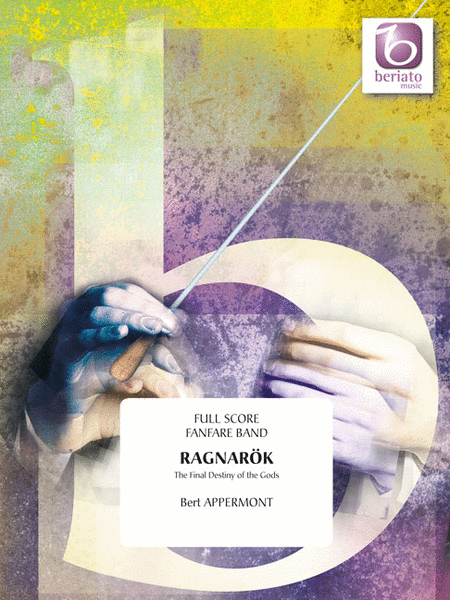
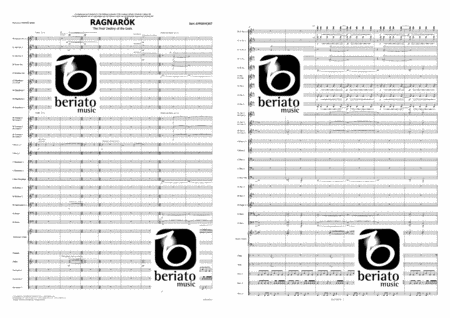
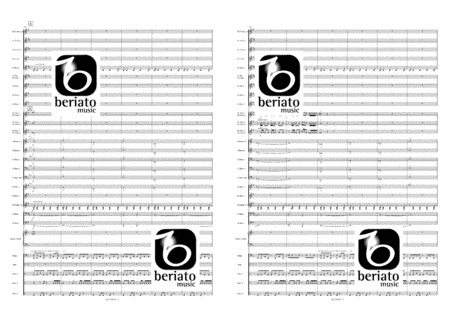
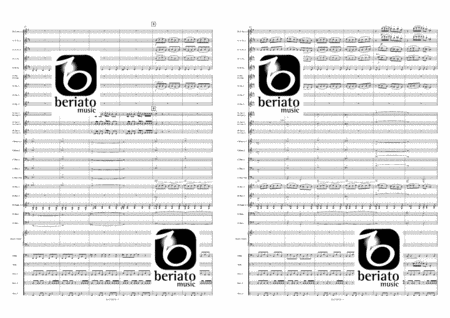
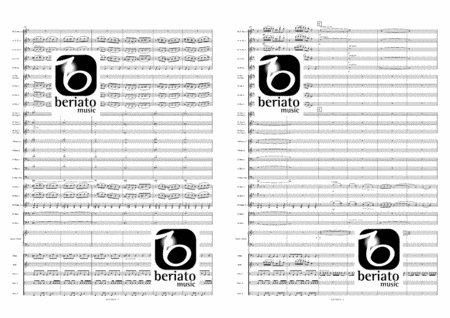
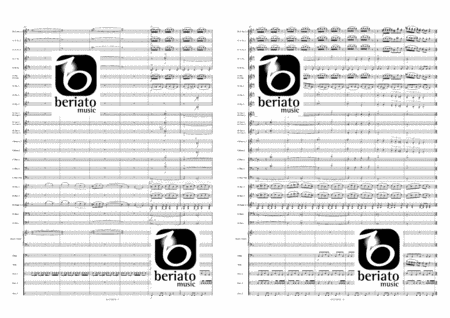
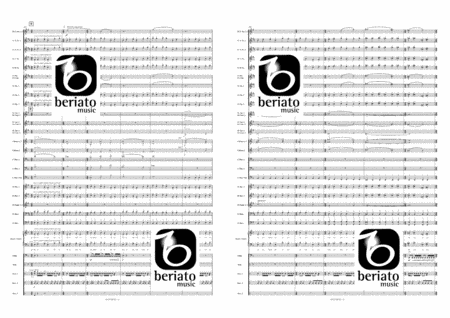
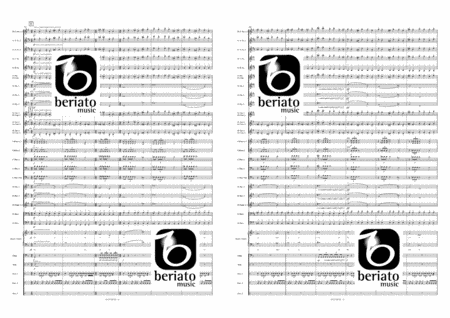
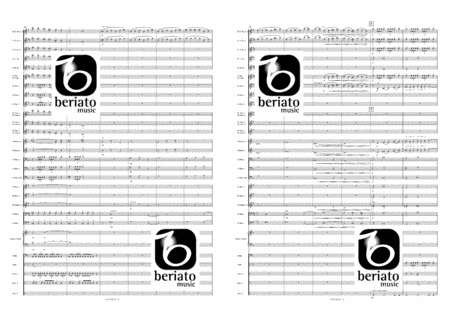
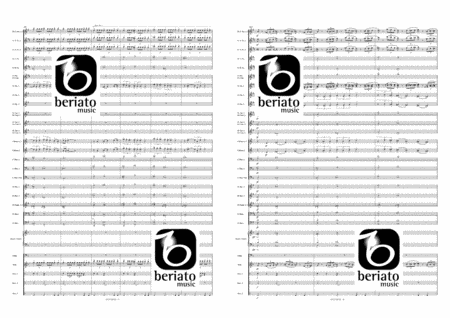
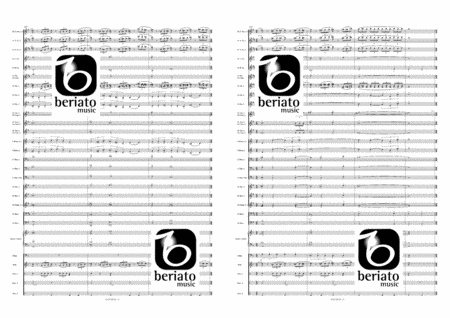
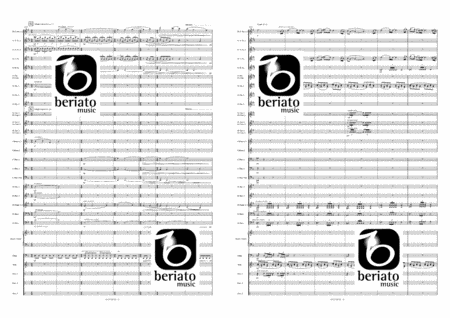
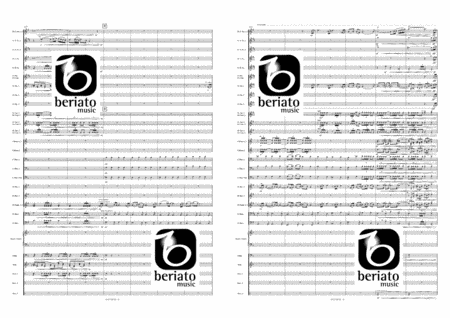
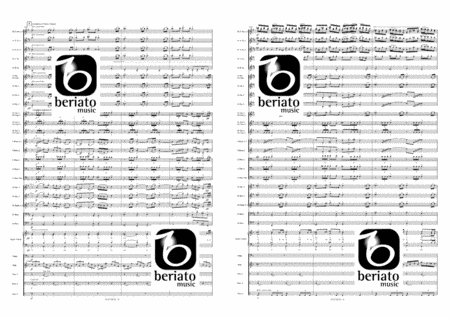
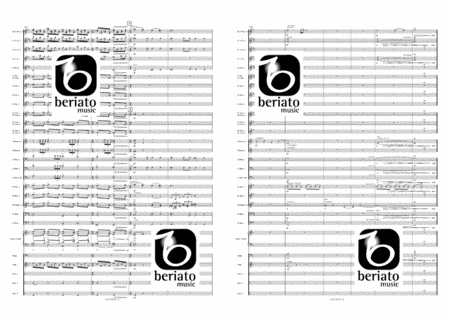
 Share
Share